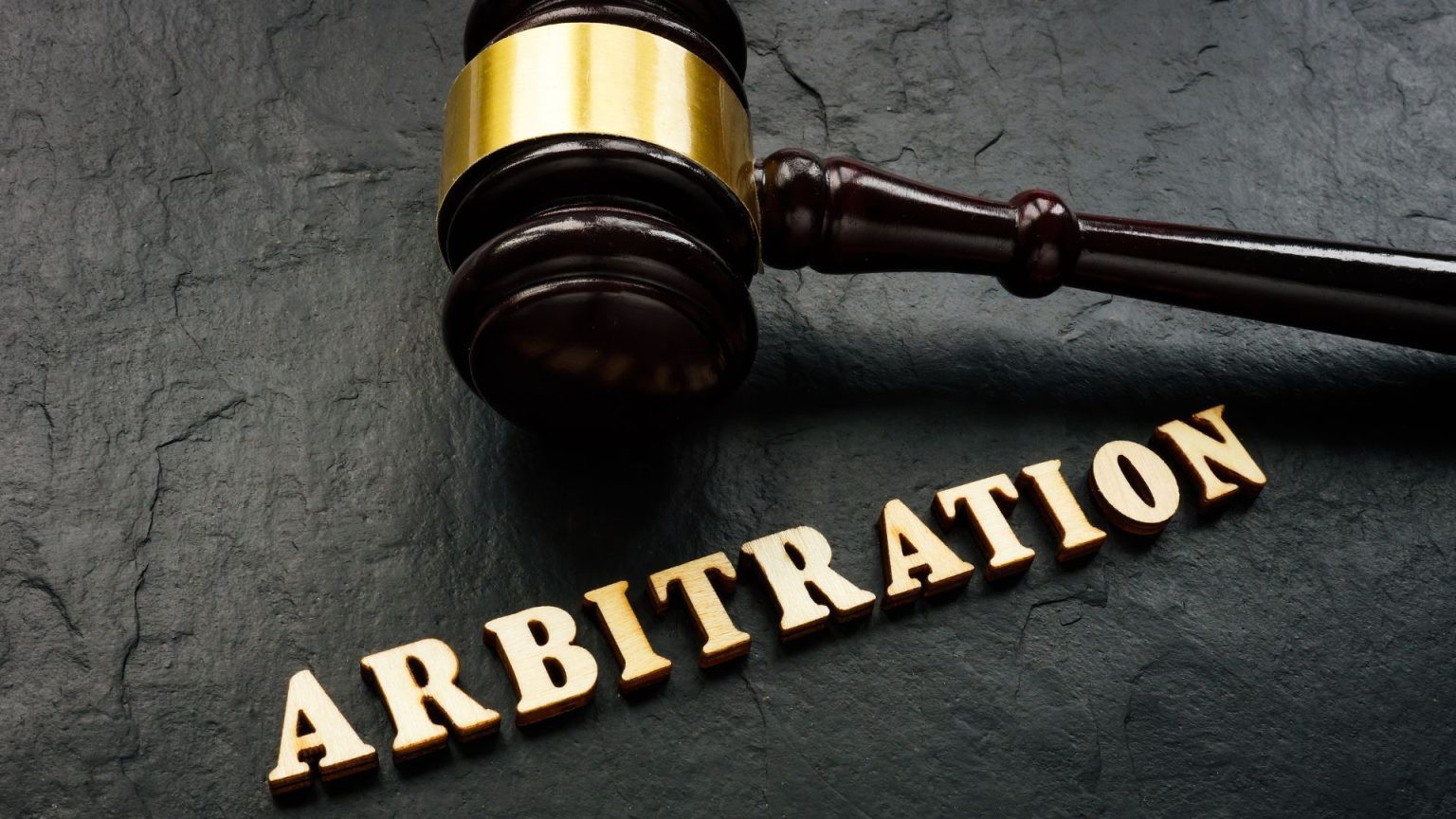Published: Jan. 23, 2025
Last Updated: Jan. 23, 2025

Arbitrators provide an essential function in international corporate arbitration by ensuring that conflicts are resolved fairly, efficiently, and impartially. To ensure the legitimacy and integrity of the arbitration process, a detailed Code of Conduct for Arbitrators provides ethical and professional requirements. These principles contribute to the development of trust in the arbitration process and the promotion of equitable outcomes for all parties concerned.
The arbitrator's independence and impartiality are essential to any arbitration process. Arbitrators must avoid any conflicts of interest and maintain neutrality throughout the proceedings. Before accepting an appointment, they must declare any circumstances that could cast doubt on their impartiality, such as financial interests, previous associations with the parties, or any other potential prejudice. This ensures that the arbitration procedure is objective and credible.
Arbitrators' primary responsibility is disclosure. Arbitrators must disclose any potential conflicts of interest before their appointment and during the proceedings if new circumstances emerge. Continuous disclosure promotes transparency and helps all parties maintain faith in the arbitrator's impartiality.
Confidentiality is an important principle in arbitration. Arbitrators are required to protect the confidentiality of the proceedings and any information given by the parties. They may not share or use sensitive information for any reason other than resolving the dispute unless required by law or explicitly agreed upon by the parties. This commitment to confidentiality is critical to protecting the disputing parties' commercial interests.
Arbitrators must have the required competence, knowledge, and abilities to resolve disputes efficiently. They must carry out their obligations with attention and ensure that the arbitration procedure is completed in a timely and efficient manner. By doing so, they meet the parties' expectations and contribute to the overall effectiveness of arbitration.
Fairness is one of the Code of Conduct's most fundamental principles. Arbitrators must treat all parties fairly and provide them with a fair chance to explain their case. Procedural fairness is essential for maintaining the integrity of arbitration and avoiding the appearance of bias or preferential treatment.
To maintain transparency, arbitrators must avoid private or unilateral communication with any party involved in the dispute. To guarantee a transparent and equitable procedure, every communication regarding the subject of the arbitration must include all parties.
Arbitrators must not take gifts, benefits, or hospitality from any party interested in the arbitration. This eliminates any sense of impropriety or bias, ensuring that their conclusions are objective and uninfluenced.
Arbitrators must follow the agreed-upon arbitration rules and the legal framework controlling the dispute. They must guarantee that the award is based on the law guiding the arbitration. Furthermore, arbitrators must issue their rulings on time to avoid unnecessary delays that could undermine the process and increase costs for the parties.
Arbitrators must demonstrate professionalism and integrity. They must conduct themselves in a manner that promotes arbitration as a fair and successful dispute resolution method. Maintaining these conditions ensures that arbitration remains a viable alternative to litigation for addressing complex international economic disputes.
The Code of Conduct for Arbitrators ensures that arbitration proceedings are fair, transparent, and efficient. Arbitrators who follow these requirements maintain the arbitration framework's integrity while also achieving enforceable results. Leading arbitration institutions, such as the ICC, LCIA, and DIAC, emphasize these standards to maintain arbitration's global reputation and efficacy.



